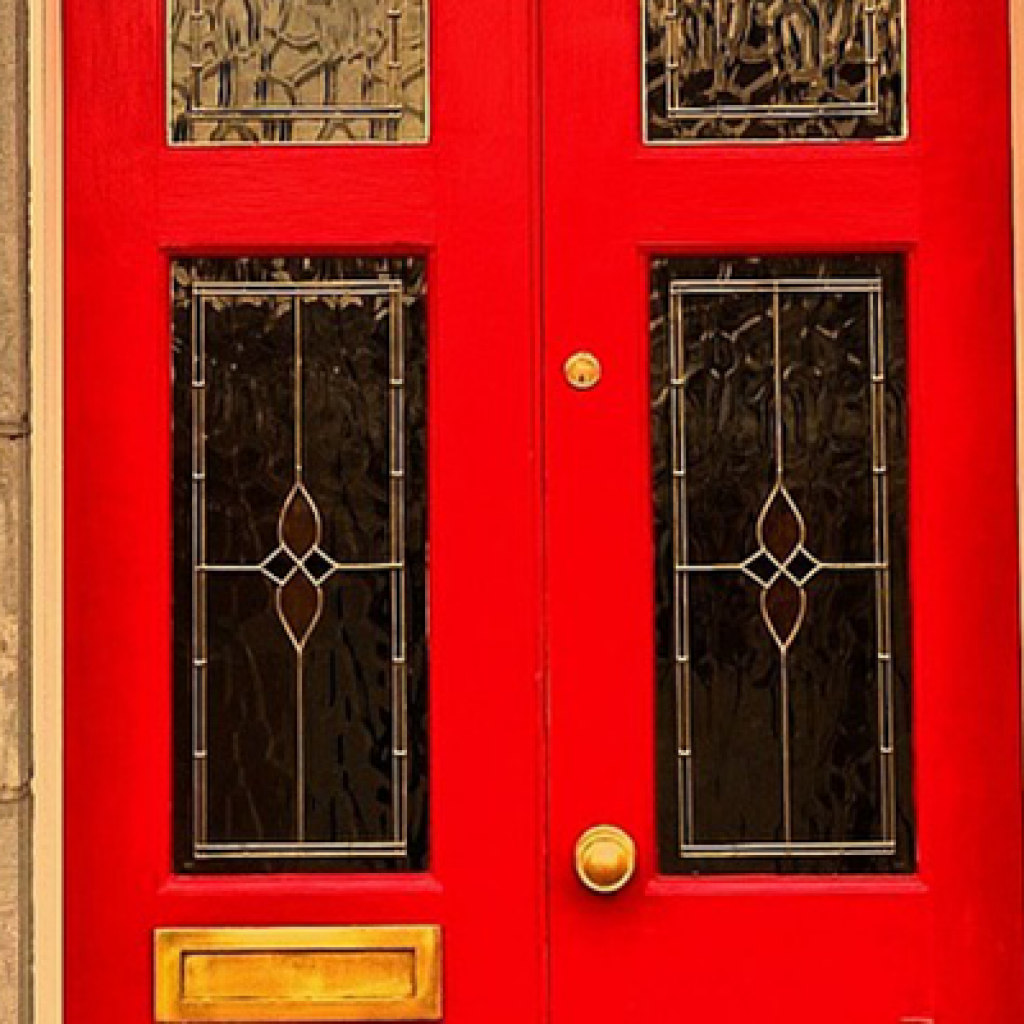George Osborne’s flagship stamp duty surcharge for second homes will do nothing to put off prospective landlords, according to information from the Association of Residential Letting Agents.
The report states that had the surcharge been introduced on 1st January 2015, the 3% charge would have been overcome by the growth in house value inside of twelve months in all but two regions of England and Wales.
In fact, in Wales, the West Midlands, London, the South East, the south west and the east of England, the value of the house in question would have increased by more than double the value of the tax.
Estate agents Jackson-Stops & Staff predicts that the biggest losers of the stamp duty reform will actually be tenants as landlords pass on their additional costs to rental prices.
Nick Leeming, Chairman at Jackson-Stops & Staff, said: “The North East and North West regions of the UK, where house price growth is more restrained at present, are the only regions where landlords will find capital growth in the first year does not eclipse the new stamp duty they would have to pay. These two regions are also the only two where home owners currently pay no stamp duty on the average home as the average property price still remains under £125,000, the price level where stamp duty first bites. Tenants here are more likely to see landlords in future pass on this additional cost via rent and we also anticipate investors to be more assertive when they negotiate on buying a home, which will be reflected in lower offers.”
“The government, through its new stamp duty surcharge, is trying to make the playing field more even between property investors and first-time buyers by eating into landlords’ profits. Our message to landlords is that when you do the sums, and look at the direction of house prices, placing money in bricks and mortar is still by far the best investment vehicle. If property prices continue on their current trajectory, within a year or less of buying their investment property the vast majority of landlords would have earned back all the money given through stamp duty, even with the new 3% surcharge, by doing nothing at all – just sitting back and watching the price of their home increase. Therefore the idea that the stamp duty tax will act as a deterrent is a fiction, as for most landlords it won’t amount to a significant figure.
“In fact, the only losers will be tenants as landlords are likely to pass on any additional costs they might not want to shoulder to their tenants by increasing rents. This could mean that those currently in rented accommodation who are saving for a deposit to buy a home, take even longer to pull this money together.
“Property price increases and lack of affordability are due to an endemic shortage of building new homes, it is not down to landlords. Data from the Department for Communities and Local Government shows that, while the number of new homes being started and finished is creeping up, housing starts are still 22% below 2007’s peak before the financial crash.
“The government is also focusing too exclusively on ownership; rather, it should analyse demand for all tenures and seek to create a housing market that reflects this. The private rented sector is very important to the UK. It provides a housing solution which is less permanent than ownership, allowing a level of flexibility which ownership does not. Not only do we need an increase in stock suitable for first-time buyers in the UK, but homes which are purpose built for rental. Deterring private landlords from providing suitable rental properties is not the answer.”




















